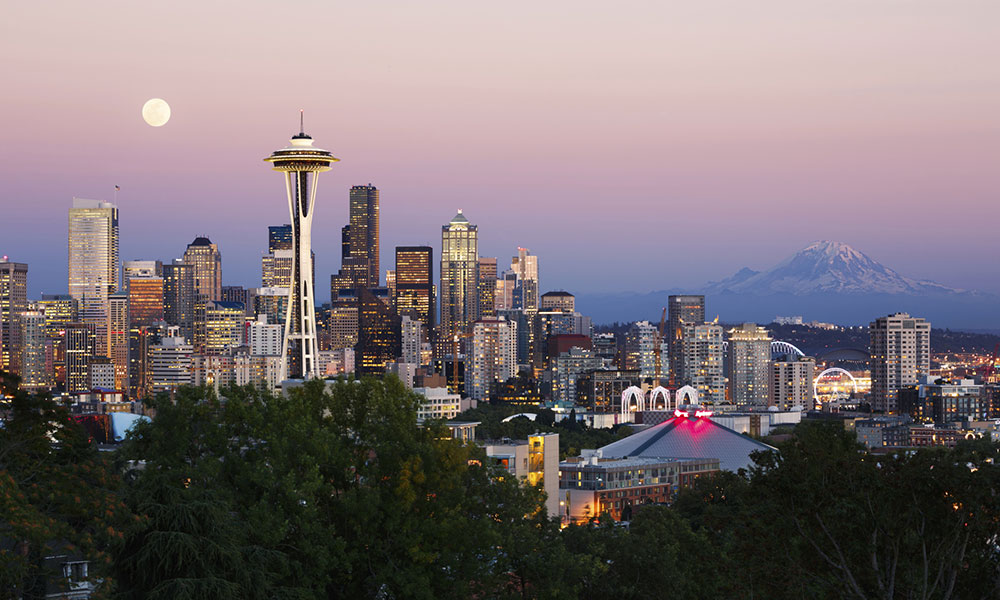
Minimum Wage Law: Franchise Association Files Suit Against Seattle
The International Franchise Association has followed through with legal action against the city of Seattle over its $15 minimum wage law, which the association says unfairly targets franchisees. Meanwhile, another West Coast city is considering a minimum wage hike of its own.
The International Franchise Association (IFA) isn’t taking a dramatic increase in Seattle’s minimum wage lying down.
On Wednesday, slightly more than a week after the association promised legal action, the trade group and five franchisees filed a lawsuit against the city.
The association’s concern stems from the fact that the law puts franchisees under the same umbrella as their corporate parents, which the association argues goes against legal precedents. As a result, franchisees must comply with the $15 wage within the next three years, whereas independent companies have seven years to comply.
“Not only is the Seattle ordinance unwise and unfair as a matter of economic policy, it is unlawful as a legal matter,” the legal complaint states [PDF]. “The irrational and discriminatory treatment of interstate commerce and small franchisees vis-à-vis their nonfranchise competitors violates the Commerce Clause and the Equal Protection Clause of the U.S. Constitution as well as Article I, Section 12 of the Washington State Constitution.”
Steve Caldeira, the association’s president and CEO, says it comes down to equal treatment under the law for franchise owners.
“The city’s minimum wage statute arbitrarily and illegally discriminates against franchisees and significantly increases their labor costs in ways that will harm their businesses, employees, consumers and Seattle’s economy,” Caldeira said in a statement. “We hope the court will block the ordinance to save jobs and prevent Seattle from unfairly singling out one type of business—a franchise—for punitive treatment.”
Another Push For $15
IFA’s lawsuit comes as another West Coast city, San Francisco, considers a $15 minimum wage of its own. The city announced a ballot measure Tuesday that would increase the wage by 2018. The city already has one of the highest minimum wages in the country, at $10.74 per hour.
Like Seattle’s proposal, San Francisco’s ballot measure would increase the minimum wage in phases.
One local association, the Golden Gate Restaurant Association, has concerns about the plan. It says the proposal should include concessions for businesses, such as an exemption for workers who receive tips and credit for companies that offer healthcare to their employees.
“We are a very different type of industry—hospitality is the backbone of the city and a very labor-intensive endeavor,” GGRA Executive Director Gwyneth Borden told the San Francisco Chronicle. “For businesses with tight margins and low prices, it’s going to be hard.”






Comments